|
Throughout the year, the Southern New England Conference of the United Church of Christ produces the Daily Lectionary for use by churches. These are the suggested readings for Tuesday, March 31st: 2 Kings 4:18-37; Psalm 143; and Ephesians 2:1-10. I would encourage you to read these short selections as part of your Lenten practice.
Today is the end of a rather long and eventful month. We started off March with the regular practice of Sunday worship in our sanctuary. We end it by holding worship Services, Bible study and church meetings via live-stream due to the shelter in place restrictions caused by the pandemic. We started off the month with our teenagers coming together for the Association Youth Group meeting in Southampton. Now schools are closed until May and maybe even until September. We started off the month beginning to worry about what COVID-19 may entail. We end the month hearing Dr. Deborah Birx, the White House Corona Virus response coordinator, commenting on the projections of Dr. Anthony Fauci that U.S. deaths could range from 1.6 million to 2.2 million. She sees this as a worst-case scenario if the country did “nothing” to contain the outbreak, but she said even "if we do things almost perfectly," there could be up to 200,000 U.S. deaths! March is a transitional month. In normal times, it’s the move from Winter to Spring, from snowstorms to those special, occasional warm and sunny afternoons. This year March is transitional in a far more consequential sense. For one, I think we have transitioned from bluster to humility. We face the daily reality of this pandemic and how susceptible we are to a virus so small that it would take 750 of them to reach across the width of a human hair. For as advanced as our medical technology and infrastructure are, we remain locked in our homes for months so that we can help “flatten the curve” and give our care providers a chance to provide for us. We can set dates for a return to normalcy. We can ignore the evidence that COVID-19 is ten times as deadly as the seasonal flu (1% vs .1%) and that it spreads much more casually and effectively. But the reality of all this doesn’t much care about our pronouncements. And that is humbling. This humility has forced us to work together. We take precautions for our own health and safety, but at the same time our precautions help keep others from contracting the Corona Virus. By practicing preventive measures, we are not only thinking about ourselves, but people we know and complete strangers. We need to trust the advice of experts. We need to count on frontline medical professionals. We need to trust that companies will care less about short term profits than they will about manufacturing ventilators, masks, shields, and the such. We don’t, and we can’t, survive this alone. And that humbleness has been a core Christian proclamation from the beginning. Ours is a faith meant to be shared and to be practiced as community. At the Last Supper, Jesus condenses all of the 613 Old Testament laws, and even His own Two Commandments of Love, down to the singular “‘I give you a new commandment, that you love one another. Just as I have loved you, you also should love one another.’” (John 13:34) We are stronger together and it takes humility to realize this. And as it is said in Ephesians: “For by grace you have been saved through faith, and this is not your own doing; it is the gift of God.” In this month of transition, let us take another look at this idea that salvation is not our doing, but that we are the humble recipients of “the gift of God.” And let us look to the cross to see how costly that gift is.
0 Comments
Throughout the year, the Southern New England Conference of the United Church of Christ produces the Daily Lectionary for use by churches. These are the suggested readings for Monday, March 30th: 1 Kings 17:17-24; Psalm 143; and Acts 20:7-12. I would encourage you to read these short selections as part of your Lenten practice.
In the Elijah story, the prophet has seen the despair and suffering that the divinely ordained drought has wrought on people Elijah calls his own. The drought’s severity after some three years is frightening. There is a private oasis in the home of the widow of Zarephath as God provides miraculous nourishment. Then, tragedy strikes even here and her son dies. She believes his death is God’s judgment for some forgotten (and trivial) sin. The prophet himself, already wearied by the burden of invoking the divine punishment of drought, lashes out at God’s perceived indifference to human suffering, to human life. How understandable is this reaction to tragedy if we accept that God has called it down upon us, that God doesn’t appreciate human life? I’d like to wish my eldest daughter a happy birthday today. Life is a precious gift. Elijah returns life to the widow’s son. Paul returns life to Eutychus who had fallen asleep during church and fell out a third-story window. (Every preacher has a fun Eutychus story.) Life is a precious gift – as it was also for Jesus of Nazareth. No matter how consciously I try to observe Lent as culminating in the cross and grave, I can’t help but anticipate Jesus’ return to life on Easter. Lent, though, isn’t only preparation for the coming joy of the resurrection mystery. Lent is the unpleasant work of processing Jesus’ suffering and death. It is coming to terms with Jesus’ offering of even His life for us – for me. I try to separate Lent from Easter in order to foster a stronger connection with the reality of Jesus’ experience of human mortality. Not a morbid preoccupation with death-mortality, but a mortality that knows honestly of human limitations. This is the unfamiliar godliness of Jesus. That the Father raises the Son from the grave is a familiar godliness, but the cross is the epitome of the unfamiliar godliness that makes God real for me in Jesus. Jesus doesn’t go to the cross thinking glibly that He’ll just endure this and then wake-up ready to be enthroned in heaven at God’s right hand. In the Garden of Gethsemane, He experiences the convulsive fear of the prospect of crucifixion (Luke 22:44). Jesus is not an actor imitating what it must have been like to be tortured to death intentionally and publicly. When He yells to heaven, it is no longer the closeness of “My Father.” It is the more formal and official, “My God, my God …” When He dies and screams, we don’t do heaven any favour by minimizing the physical pain and spiritual anguish of our Saviour. Life is a precious gift, and for us, Jesus sacrificed even that. The life and death of Jesus are God’s answer to the fallacy of divine indifference. Jesus tears down the difference between us. Jesus knows how precious life is, but even more valued than His life are our lives. This is why He goes to the cross. For larger print text or to download, click the PDF file below.
"They shall soon come home.”Throughout the year, the Southern New England Conference of the United Church of Christ produces the Daily Lectionary for use by churches. These are the suggested readings for Saturday, March 28th: Psalm 130; Ezekiel 36:8-15; and Luke 24:44-53. I would encourage you to read these short selections as part of your Lenten practice.
We are getting ready today for tomorrow’s third Sunday of worship via live-stream. We’re practicing social distancing and shelter in place. These are necessary to help us flatten the curve, as they say, of the pandemic. This gives the health care professionals a fighting chance to give us a fighting chance. We’re trying to buy time. A potential vaccine takes more time. No matter how smart the people working on the vaccine, no matter how much money is now thrown at it, it takes time to gauge possible side-effects and to determine dosage. We have no choice but to be patient and to help by even doing something as painless as worshiping together, but each in our own homes, in front of our own computers. Both the reading from the prophet Ezekiel and from Luke, are hope-filled messages. To a defeated and displaced people, the prophet conveys Yahweh’s promise: “For they shall soon come home.” Luke shares the resurrected Jesus’ words. This seems a bit anachronistic as we enter the last weeks of Lent, but the resurrected Jesus is reminding His followers of what He had said prior to the cross and the empty tomb. He’s asking them to remember. He’s reminding them of “Lent.” Then, with this as their context, Jesus calls upon them to be witnesses to others and to the future. I’d like to ask us to think about our current situation from a similar perspective. Ezekiel’s people are living in forced exile as they hear his words. Jesus draws the apostles’ attention back to the time when crucifixion seemed real, but the resurrection did not. And in both of these readings, hope was such a gift. Jesus ascends into the heavens to be seen no more and yet Luke writes that the apostles remained filled with “great joy.” I was on a video conference with other pastors from the area a couple of days ago. We spoke about the hope that the faith itself and the community itself offered in these times of confusion and separation. Some congregations have begun live-streamed prayer groups or simply coffee klatches during the week. We spoke about members reaching out and staying in touch with one another informally and spontaneously. We spoke about the limitations of live-streamed worship, but also the potential to bring others to church who can’t be with us physically even after the pandemic has passed, blessedly, into history. We are now in those places that Ezekiel’s people inhabited and that Jesus’ apostles remembered. And we are offered the same blessed message of hope that faith shares. This time will come to an end. We will look back upon it as life-altering. I’m hoping and praying that the world, governments and all of us will take more seriously plans for the future rather than draining all resources into a gluttonous present. I’m hoping that isolation causes us to turn outwards, to become more accepting of others, to become more cooperative than competitive so that we can work together to combat future global threats and build a future where hope is made real. Israel come out of exile. Jesus resurrected after the cross. We can do this if we choose to alter our ways, and faith can only help with its irrepressible gift of hope. Jesus died alone; We never willThroughout the year, the Southern New England Conference of the United Church of Christ produces the Daily Lectionary for use by churches. These are the suggested readings for Friday, March 27th: Psalm 130; Ezekiel 33:10-16; and Revelation 11:15-19. I would encourage you to read these short selections as part of your Lenten practice.
It’s another Lenten Friday. My thoughts on these Fridays are especially drawn to Jesus’ cross. Mark’s is the oldest Gospel. Part of the reason why scholars believe this to be the case is that it is the least adorned. Compare the Jesus in Mark with the Johannine Jesus from the latest Gospel and you can see “the carpenter” (Mark 6:3) transform into “In the beginning was the Word, and the Word was with God, and the Word was God.” (John 1:1) Mark does not shy away from unpleasantries: “When his family heard of it, they went out to restrain [Jesus], for people were saying, ‘He has gone out of his mind.’” (Mark 3:21) The other Evangelists found this passage far too scandalous to repeat. If you have the time and inclination, read the crucifixion accounts in Matthew, Mark and Luke. Notice their differences. Notice that Mark’s is the least adorned of them all. Read in Mark 15 that Simon of Cyrene is a stranger who must be “compelled” to help Jesus carry His cross because the authorities did not want Jesus to die before they could publicly torture Him. Note that Jesus is crucified between “two bandits” who “also taunted him,” neither of which is the “good thief” who sympathizes with Jesus in Luke’s Gospel. Jesus could not find solace by looking to either side. Below Him the crowds passing-by casually on their way to the festival mock Jesus. The priests and the scribes mock Him too, but intentionally. Jesus cannot even find relief as He looks above. In the most pitiful of all passages, Jesus yells toward heaven, “‘My God, my God, why have you forsaken me?’” Then Jesus dies, not with solemn words, but with only a lonely, desperate, final “loud cry.” There is no one around Jesus’ cross to offer a sympathetic gaze or word. Only “from a distance” are some women disciples watching, Mary Magdalene, Mary the mother of James and Joses, and Salome. Jesus dies alone. He faces the whole fearful torment of our mortality. God experiences the terrors and uncertainties of death as one of us. You wonder why, and then yesterday I read the story in the Boston Globe about an Episcopal priest who died from the Corona Virus. “[The Rev. Richard Ottaway] died just after midnight on Monday in Cape Cod Hospital, unable to have any visitors, with a Bible in his hands. … It is a hard thing for his family that they could not be with him in the hospital due to illness and the risk of infection. And they are keenly aware of the ironic tragedy that someone who had ministered to so many people near death died without family around him.” Fr. Ottaway was not alone. The “ironic tragedy” that the family mentioned is heartfelt and their sorrow real. This “ironic tragedy” is also Jesus’ story. And because it is, Jesus was with Fr. Ottaway because Jesus faced down alone and faced down death. Jesus faced death alone so that we never would. The priest holding that Bible symbolizes that not even forced isolation and death can separate us from the love of Christ. That’s the meaning of the cross. "In his word I hope"Throughout the year, the Southern New England Conference of the United Church of Christ produces the Daily Lectionary for use by churches. These are the suggested readings for Thursday, March 26th: Psalm 130; Ezekiel 1:1-3; 2:8—3:3; and Revelation 10:1-11. I would encourage you to read these short selections as part of your Lenten practice.
Today was supposed to be the start of the 2020 baseball season. At 3:37pm (yeah, who knows why 3:37?) I was supposed to be watching the Red Sox play the Blue Jays in Toronto. Instead, I’ll be joining a weekly Zoom live-stream check-in with the clergy of the Hampshire and Hampden Associations that will be hosted by the Associate Conference Minister, Rev. Jill Graham. The thought of some 35,000 people gathered in one ball park, passing hot dogs and drinks from vendor to adjacent seat to adjacent seat until it gets to you, high-fiving the guy next to you when the Sox hit their first home run of the season, the whole picture of an Opening Day baseball game seems so strange right now as we are still anticipating the peak of the Corona Virus pandemic. Our reality has changed. It’s not to our liking, but it’s not up to us. Both Ezekiel and John of Patmos are living through times of harsh change that are well beyond their ability to control. Ezekiel lives among the exiles in Babylon. He was a Temple priest. He witnessed the destruction of God’s sanctuary, the defeat of God’s people and their deportation to a foreign land. Most of Israel had disappeared due to assimilation. When they were deported, they gave up. They became like the ones who had conquered them. The ones who remained faithful to Yahweh were few in number, defeated and impoverished. To remain faithful to Yahweh instead of accepting the conquering gods of the Babylonians seemed pointless. John writes the Book of Revelation as an apocalypse. This form of literature is written during times of complete darkness. There is no hope of recovery. The situation is so dire that the only rescue is imagined to be the dramatic intervention of God. Human efforts are futile. John of Patmos is writing at a time when Christians are few in number and scattered, and they are being persecuted by the all-powerful Roman Empire. How could this band of a few believers preaching a crucified Saviour compete against and triumph over the Roman Empire? This would be the definition of absurdity. Both books share the same imagery of ingesting the Word of God. The Word must become our nourishment, our sustenance. It must be as necessary a part of our lives as food. Only then can the Word feed us. As we think back to Ezekiel, history shows us that the Jewish faith remains as strong as ever and that the Babylonian Empire survives only in monuments and museums. As we remember John of Patmos, we still gather as Christians all around the world some 2,000 years later while the Roman Empire is studied for its rise and its fall. In these uncertain and worrisome days of pandemic, let us especially now count on the assurance of our faith in Christ. When our reality has changed and changing it back is beyond our control, let us trust even more in God’s Word. Let the Word become as nourishing and essential to us as the food we share with our physical bodies. And if you would, now read again today’s Psalm, a hymn of longing, trust and hope. As in times past, this time too shall pass. Imitate ChristThroughout the year, the Southern New England Conference of the United Church of Christ produces the Daily Lectionary for use by churches. These are the suggested readings for Wednesday, March 25th: Psalm 146; Isaiah 60:17-22; and Matthew 9:27-34. I would encourage you to read these short selections as part of your Lenten practice.
We have absolutely no idea about what day is Jesus’ birthday. Only half of the Gospels tell us Christmas stories, and they don’t even agree with each other. Convention has led us to celebrate Christmas on December 25th. Convention would then also lead us to the date of March 25th as the day the angel Gabriel announces to Mary (or Joseph depending on which Gospel you read) that she will conceive and bear a son. That’s today. The prophetic expectations associated with the coming of the Messiah, the Saviour, are of a dramatic and immediate divine intervention. As we read today from the third prophet who uses the name Isaiah: “I am the Lord; in its time I will accomplish it quickly.” When the Messiah comes, there will be no questions or doubt. The Messiah will manifest God in convincing fashion. Again, from Trito-Isaiah: “The sun shall no longer be your light by day, nor for brightness shall the moon give light to you by night; but the Lord will be your everlasting light, and your God will be your glory.” These prophecies of the coming Messiah are what Christians have postponed to the End-Time. When Jesus’ first-coming obviously did not fit into the prophetic mold of the Messiah, we spoke instead of His Second-Coming. At that time, there will be a spectacular display of the supernatural. In Matthew, we read: “‘The sign of the Son of Man will appear in heaven, and then all the tribes of the earth will mourn, and they will see the Son of Man coming on the clouds of heaven with power and great glory.’” (24:30) This is the Old Testament prophetic expectation transferred from Jesus of Nazareth to the End-Time Son of Man “coming on the clouds of heaven.” I wonder if this is necessary. We have misjudged the time of the Second-Coming for as long as there have been Christians. Paul thought that he would still be alive when Jesus returned (1 Thessalonians 4:15), and Paul died around 65AD. In this time of pandemic, people are once again speaking of Jesus’ return as imminent, just as people in troubled times have done for 2,000 years. Maybe we need to re-think our relationship with the Old Testament prophecies about the coming of the Messiah – because they proved inaccurate – and with the New Testament prophecies of the Messiah’s Second-Coming – because they too have proven inaccurate. Maybe the actual, and sometimes hard and harsh, reality of Jesus of Nazareth’s lived revelation is God’s fulfilled and complete coming into the world as our Messiah-Saviour. Maybe the biblical calls to imitate Christ are the saving consequences of God’s intended intervention in the world. Maybe God come to us in the humbleness of Jesus, with a grandeur of a gospel message, and the promise of empowering grace so that we could work together to change the world. Maybe it’s not in the cards for God to do it for us as if we were perpetual children. Maybe God thinks more of us that we sometimes do of ourselves. Maybe God treats us as adults prepared to make a difference if we choose. Maybe this is what our church calls postmillennialism, that Jesus will come again only after we have established God’s reign. The prophecies of the Messiah did not expect Jesus and definitely did not foretell His crucifixion, but this is the harsh reality of God’s lived revelation. Our “everlasting light” went to the cross in complete submission to this Way. It’s not as easy as expecting God to do it for us, but salvation is about us living in imitation of Christ, glory and hardship together. "We gave each other a beautiful gift."Throughout the year, the Southern New England Conference of the United Church of Christ produces the Daily Lectionary for use by churches. These are the suggested readings for Tuesday, March 24th: Psalm 146; Isaiah 42:14-21; and Colossians 1:9-14. I would encourage you to read these short selections as part of your Lenten practice.
I don’t subscribe to HBO so I have never seen Westworld. I did, however, read an interview with Jeffry Wright in Parade Magazine. He plays the role of a programmer in this science fiction program. These characters, the programmers, are the people behind the hosts who inhabit the artificial-intelligence-engineered theme park of Westworld. In other words, Westworld is inhabited by robots, but these robots are so advanced that they have crossed the threshold to artificial consciousness. They are computers who are aware. Alan Turing was a giant of the age when computers were born. He foresaw the immense possibility ahead for these machines. This caused him to wonder if the machines could ever achieve human-like intelligence and awareness. He developed what is now called the “Turing test.” If a person is interacting with a hidden person and a hidden machine, and the person cannot distinguish which is which, then human and machine will have become indistinguishable. This would no longer be Westworld-like science fiction. It would be science. Some extremely intelligent people now believe that artificial intelligence will distinguish itself from humans by surpassing us. Take as an example my web search of “Turing test.” In a half a second, Google’s search engine found links to over 32 million sites that mentioned this topic! Computers can already best us at assembling facts and beating us at games, but they have not yet gained artificial consciousness. What a ride it will be for religion when they do. I hope I live long enough to witness the interchange. But back to the science fiction where this has already been accomplished. Season Three has just begun. The cliffhanger at the end of Season Two was this statement of a programmer: “We gave each other a beautiful gift: choice. We are the authors of our own stories now.” God has created us with the freedom to choose. This is why the world is not perfect. Too often too many choose wrong. That gift of being able to choose, however, cannot be compromised even by God because if it is the gift is destroyed. We lose the priceless gift of authoring “our own stories.” And lest we think it is only a gift to us, I think we should also look at it like Westworld hints: it is a gift “we gave each other.” Our freedom is a gift to God because it means that our faithfulness is a choice to be with God. It is not mandated. It is not coerced. It is chosen. And that makes it meaningful for us and sincere for God. We are writing “our own stories now.” God has given us this privileged responsibility. But we are never in this alone. We read in the beautiful passage from Colossians: “May you be made strong with all the strength that comes from [Jesus’] glorious power, and may you be prepared to endure everything with patience, while joyfully giving thanks to the Father, who has enabled you to share in the inheritance of the saints in the light.” Always, but especially in trying and uncertain times like these, let us trust in Jesus, and let us share our way forward with Him. We don’t have to do this alone. Thanks be to God. Good Friday, April 10thJesus’ closing words to us from John's account of the Last Supper are “Love one another.” The Board of Deacons will give us a chance to put this commandment into practice on Good Friday.
During the time that the church is open from noon until 3:30pm, a large container will be placed by the sidewalk off of Billings Way. We are conducting a “Drive By Food Drive.” Donations may be dropped off with a quick stop. The Food Bank has issued an urgent appeal for help. So many of our neighbours have lost jobs. The economy is in a recession. More people than ever need food assistance. If you can help in kind, thank you. If you can help with a monetary donation which goes even further, please come inside the church and a collection basket will be at the entrance to the sanctuary. Please make checks payable to "The Western Mass Food Bank." For every $1 we donate the Food Bank is able to provide 4 meals. For every $1 we donate they can purchase $7 worth of food. On Good Friday, let us remember Jesus’ sacrifice both spiritually and charitably. Please share this announcement with your friends. Thank you. Rev. Randy The silver lining of empathyThroughout the year, the Southern New England Conference of the United Church of Christ produces the Daily Lectionary for use by churches. These are the suggested readings for Monday, March 23rd: Psalm 146; Isaiah 59:9-19; and Acts 9:1-20. I would encourage you to read these short selections as part of your Lenten practice.
On Saturday I heard an NPR anchor ask a reporter who had give a long list of bad news for something positive. The reporter paused and had nothing. In Sunday’s Boston Globe, front page, top of page, the article’s headline was: “Hunting for signs of progress in a pandemic: No clear clues yet to determine when COVID-19 will be under control.” Again, nothing positive to report. It makes understanding Isaiah’s words a whole lot less difficult. Writing from exile in a foreign land after the complete defeat of his nation, the prophet writes: “We wait for light, and lo! there is darkness; and for brightness, but we walk in gloom.” We can empathize with the prophet because of our situation. Maybe empathy is a silver lining around the dark cloud of this pandemic. Yesterday was World Water Day. It highlights, first, the fact that much of the world’s population suffers from a destructive lack of potable water. World Water Day underscores, secondly, that this tragedy is only going to grow worse because of human based climate change. And third, that we can help by doing our part to fight climate change. We can act sustainably. We can use less resources. We can scale back on consumption. And empathy can fuel our efforts. Our awareness of how others suffer can give us the motivation to change how we act so that change may actually take place. Since we are all affected by COVID-19’s pandemic, we can empathize with all in the world who must deal with the constant, poverty-born threats of disease. Now that we have experienced the fear of unavoidable and environmental threat, hopefully we will be better able to appreciate what others in generational poverty must endure out of the headlines. I don’t mean to make light of our situation by any means, but this world is not ours alone. All of creation matters to the Creator. As a species we have come to dominate the world, but we still share the world. Ours is not to only take from creation; ours is to be the stewards of creation. Our actions have depleted habitats for other life. We have consumed some species into extinction or near extinction. We are destroying forests and wetlands. Now we are threatened by a virus that passes other species and comes looking for us. Maybe this very real threat may heighten our awareness of what we are doing to the rest of the world’s inhabitants. This is not to say we deserve what’s happening. It’s to maybe get us to think what our actions and appetites force upon the rest of creation. It can get us to empathize. Sometimes, like Saul being knocked off his donkey on the Road to Damascus (or as I enjoy it said, knocked off his --- onto his ---), we need to be startled by revelation. We need to be knocked off our feet. We need to be forced to see what we would have preferred not to see. Again, this is not to take the pandemic lightly. These are strange and life-changing times. This is a watershed moment in history and we’re in the midst of it. Hopefully, the silver lining will be that we realize how interconnected we all are and how what happens to one affects what can happen to all. Maybe our heightened sense of mutual responsibility will help us to empathize with each other, and maybe just maybe we can be a kinder, more generous, more compassionate world after this pandemic knocks us, figuratively, off our --- and onto our ---. |
NewsFaith, love and chitchat. Categories
All
Archives
June 2024
Follow
|
||||||
|
SERVICE TIMES
Sunday 9:30-10:30am Children Sunday School 9:30-10:30am Nursery care available during worship DONATE Make a single or recurring contribution by clicking here |
FOLLOW
|


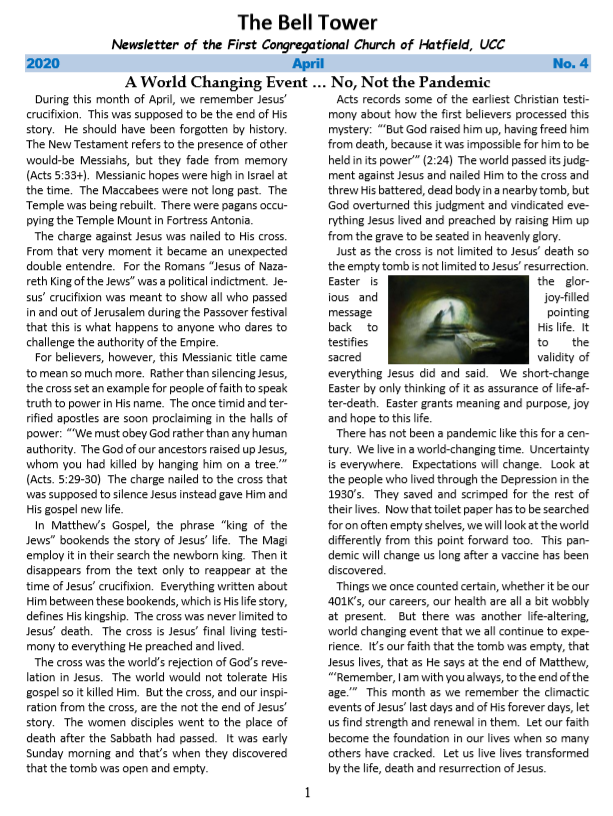
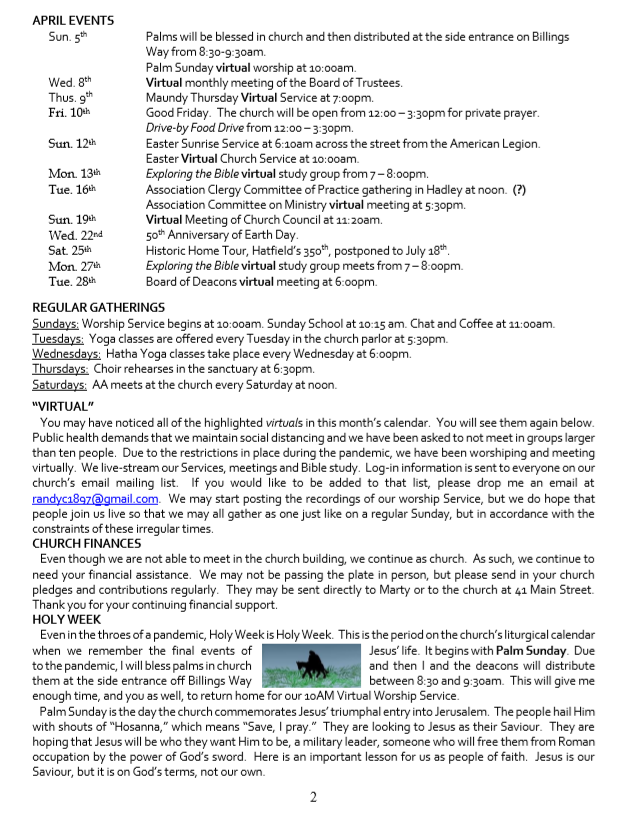
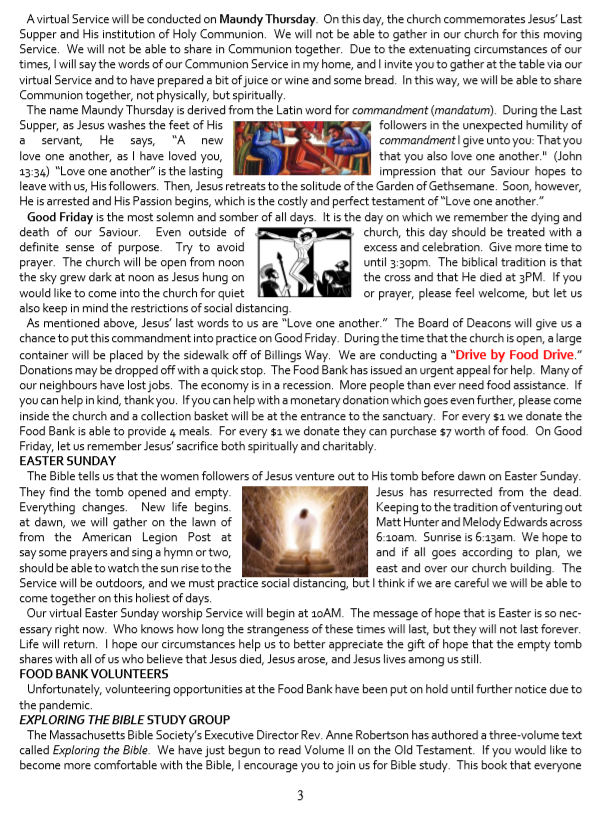
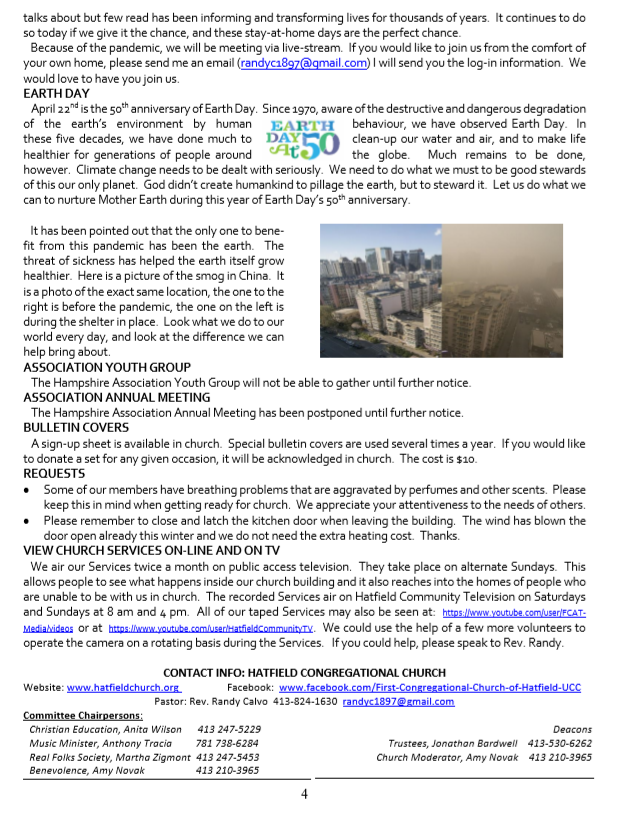
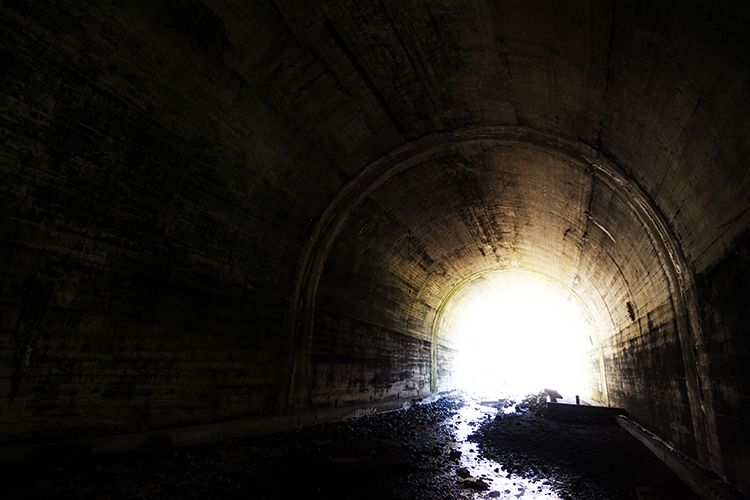
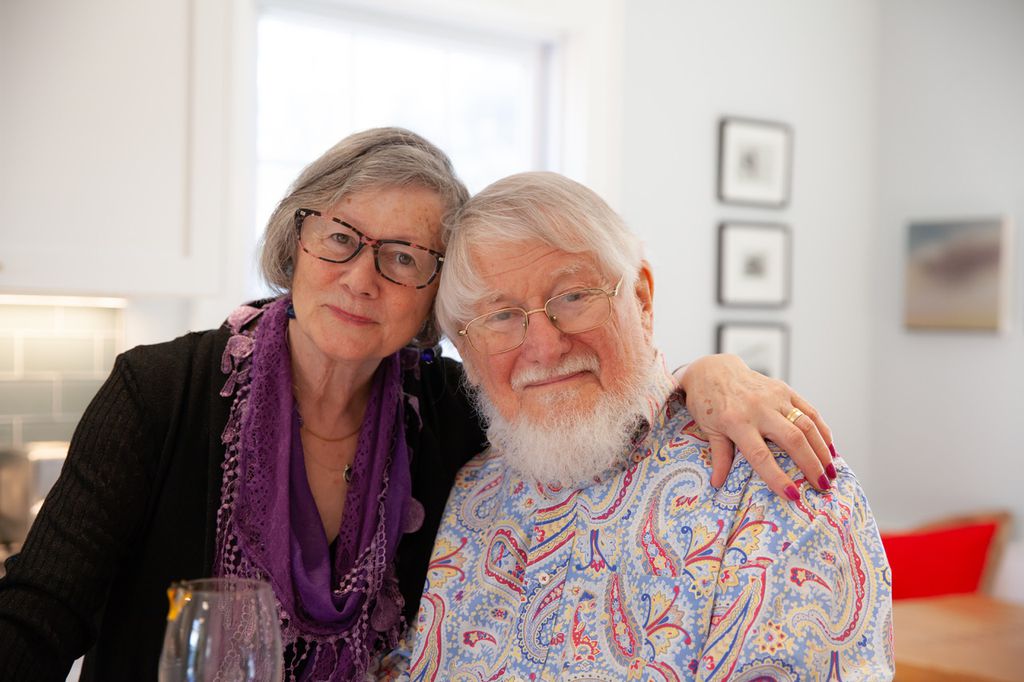

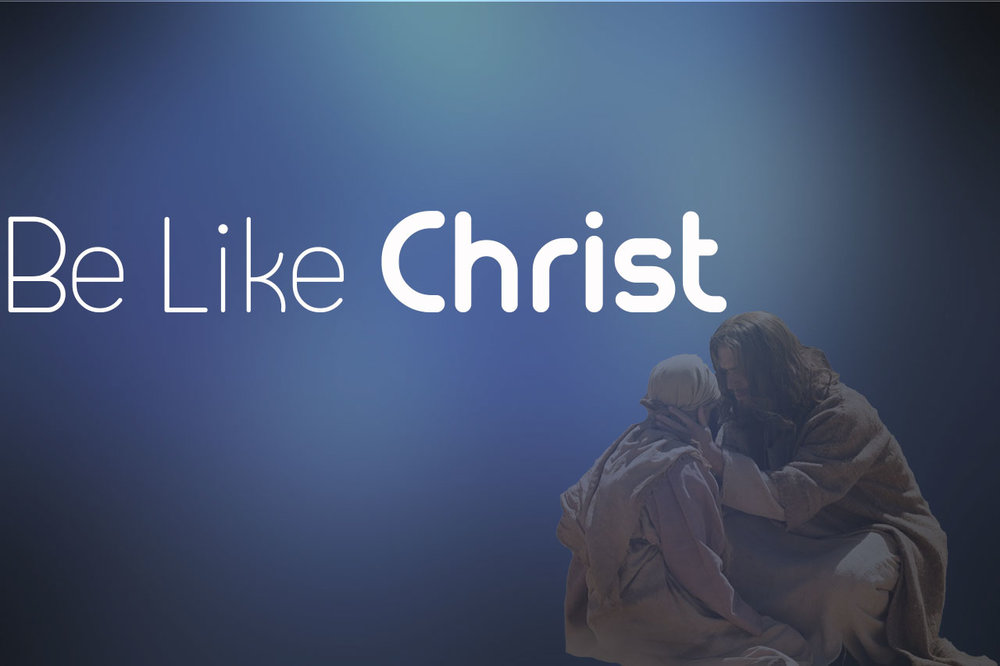
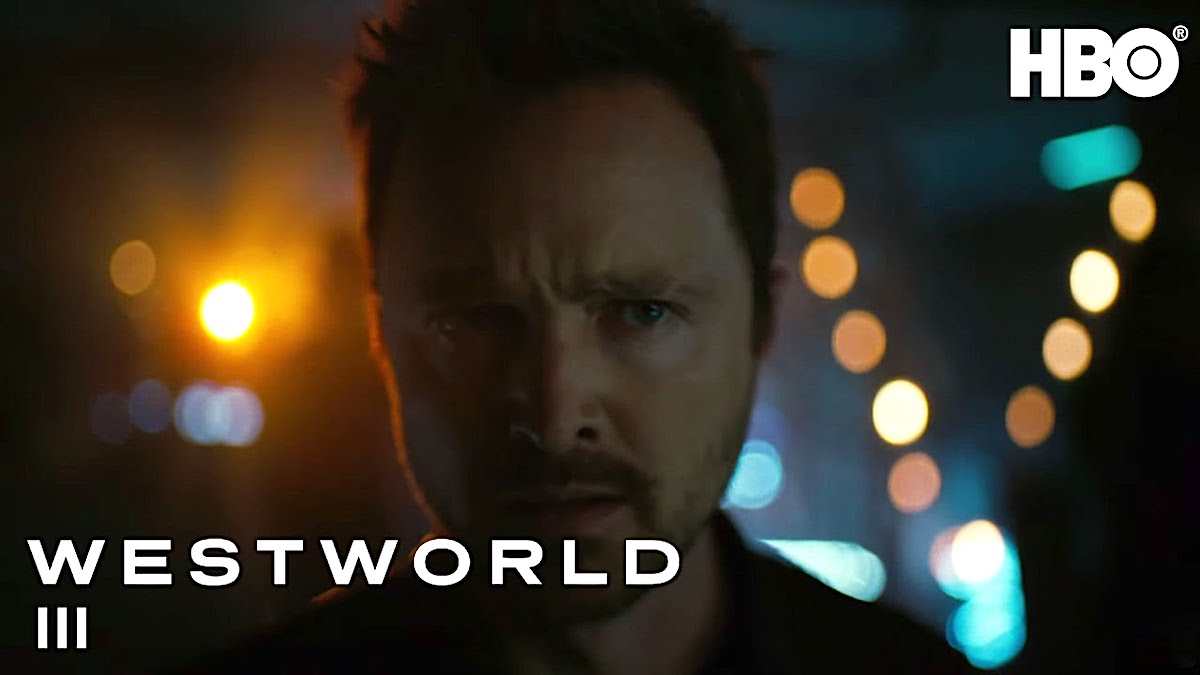


 RSS Feed
RSS Feed
